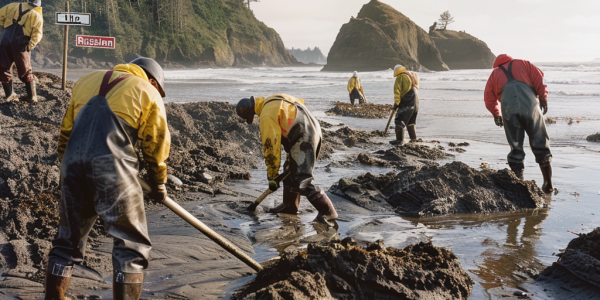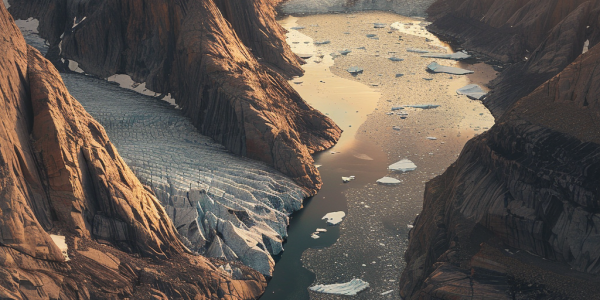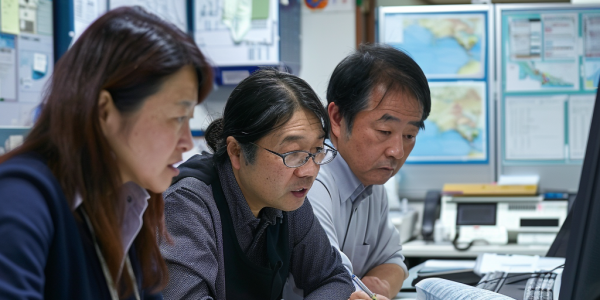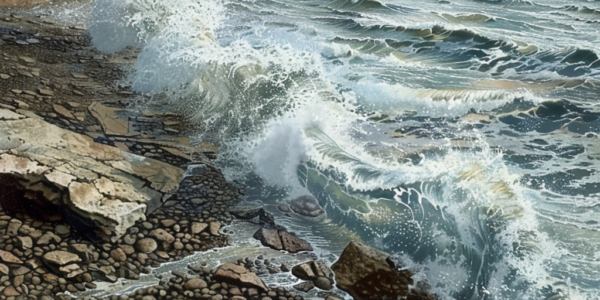Oregon Coast Scientists Study Past Earthquakes to Prepare for Future Tsunami Threats
Scientists along the Oregon Coast are investigating the seismic risks posed by the Cascadia Subduction Zone, focusing on past earthquakes and tsunamis to better prepare communities for future disasters. Recent sediment core studies aim to uncover evidence of the significant 1700 earthquake, enhancing understanding of geological hazards and informing emergency preparedness in the Pacific Northwest.
Global Seismic Event Linked to Greenland Rockslide Highlights Climate Change Impact
A recent seismic event traced to a massive rockslide in Greenland has raised alarms about the impact of climate change on geological stability. Detected globally for nine days, this unique phenomenon highlights the intricate link between glacier retreat and seismic activity, prompting discussions on early warning systems and the risks posed to coastal communities.
Study Reveals Factors Behind Severity of 2024 Iida Bay Tsunami
Researchers from Tokyo Tech have uncovered the reasons behind the severity of the 2024 Iida Bay Tsunami, emphasizing the necessity for more accurate tsunami prediction technologies. The study delves into factors such as ocean floor topology, coastline shape, and seismic mechanisms linked to earthquakes that intensified the tsunamis. Implementing advanced countermeasures is crucial to safeguard against future occurrences.
Massive Ancient Tsunami Uncovered in Western Canada
University of Saskatchewan researchers make groundbreaking discovery of evidence of a massive tsunami that swept across ancient sea covering Western Canada and northern United States 445 million years ago. Dr. Brian Pratt and Dr. Colin Sproat shed light on this ancient natural disaster, providing valuable insights into the geological history of the region.




